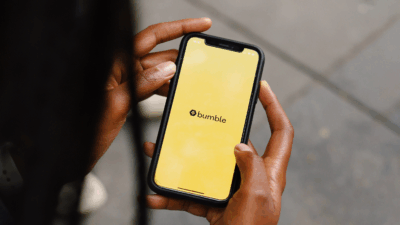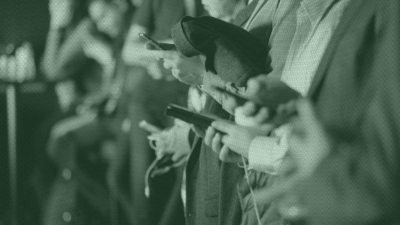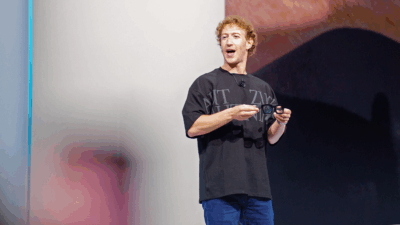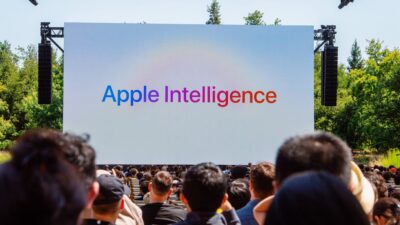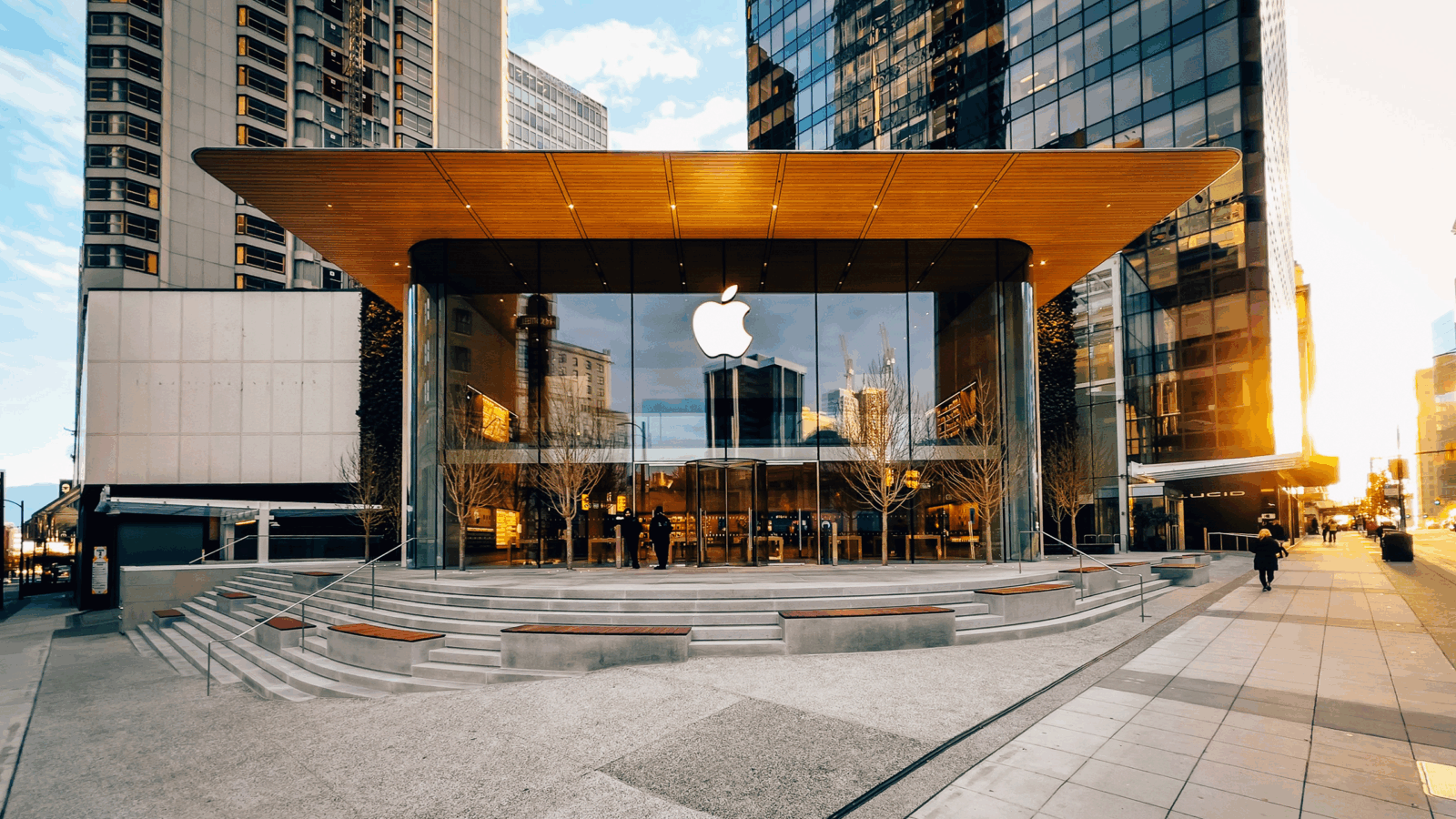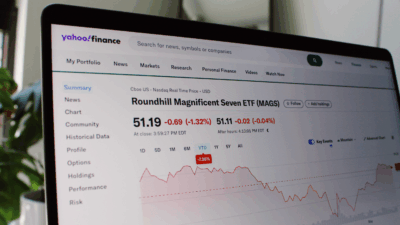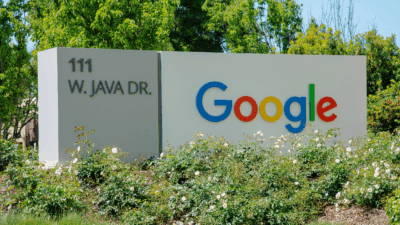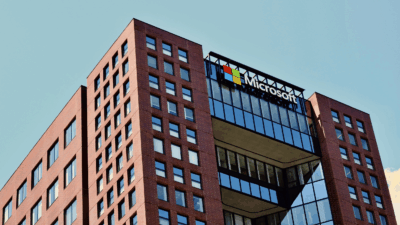TikTok Retreats From Get-Paid-to-Use App Under European Scrutiny
TikTok agreed to permanently withdraw a rewards program that it had on “TikTok Lite,” essentially a pared-down version of its core app.
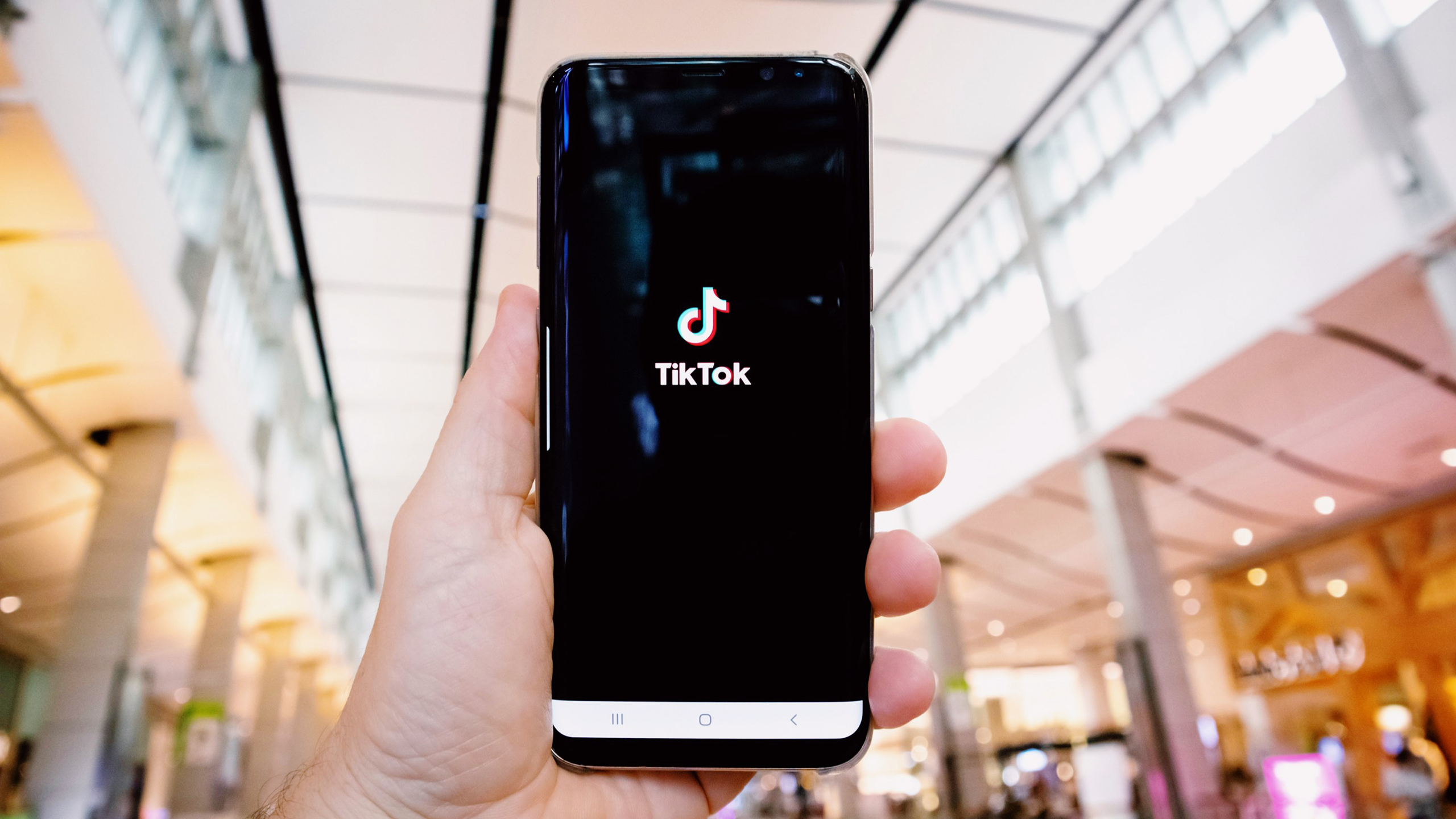
Sign up for smart news, insights, and analysis on the biggest financial stories of the day.
No part of Big Tech is too small for European regulators.
The European Commission announced on Monday that it had secured a concession from TikTok under the relatively new Digital Services Act (DSA). Specifically TikTok agreed to permanently withdraw a rewards program that it had on “TikTok Lite,” essentially a pared-down version of its core app. OK, sure, it’s a niche part of TikTok’s business with almost no European presence, but it’s still the first official Big Tech retreat the EU has scored under its new, beefed-up regulations. And it could be a sign of bigger things to come.
I Can’t Believe It’s Not TikTok
TikTok Lite is designed to work on low-data phones, ones with just a 2G or 3G connection. According to a Mozilla report, TikTok Lite has over 1 billion users globally, and it’s become popular in markets including South Africa, Indonesia, and the UAE, according to figures supplied to PC Mag by AppFigures.
TikTok Lite is missing a lot of features from the core TikTok app — which raises some user protection issues, according to Mozilla — but what it does have is a program called Rewards, which assigns points to users for doing things like consuming videos or interacting with them. Collect enough points, and you can swap them for real-world money, e.g., an Amazon voucher.
In April, TikTok brought TikTok Lite to France and Spain. The EU was quick to request a risk assessment on how this might impact child users, and it was suspended the same month:
- The EU’s main concern was what kind of compulsive behaviors the Rewards system might inspire, particularly in children.
- Technically TikTok Lite is to be downloaded by users 18 and older, but given that age-gating on apps like TikTok is pretty much built on an honor system and TikTok’s user base skews young, that wasn’t much comfort to lawmakers.
“The available brain time of young Europeans is not a currency for social media — and it never will be,” European Commissioner for Internal Market Thierry Breton said in a statement.
First Notch: This is the first DSA investigation to be formally opened and wrapped up, although other Big Tech companies have tried (and failed) to offer compromises in how their products work to get off the EU’s hook. Microsoft tried to tempt the EU with concessions on its bundling of its Teams and Office products, but was ultimately unsuccessful. Similarly, Meta rolled out a paid-for, ad-free version of its services in an attempt to side-step regulation — but instead the EU said the new service was itself a violation of the DSA.


